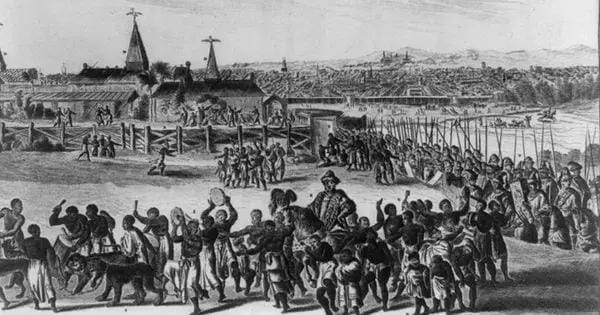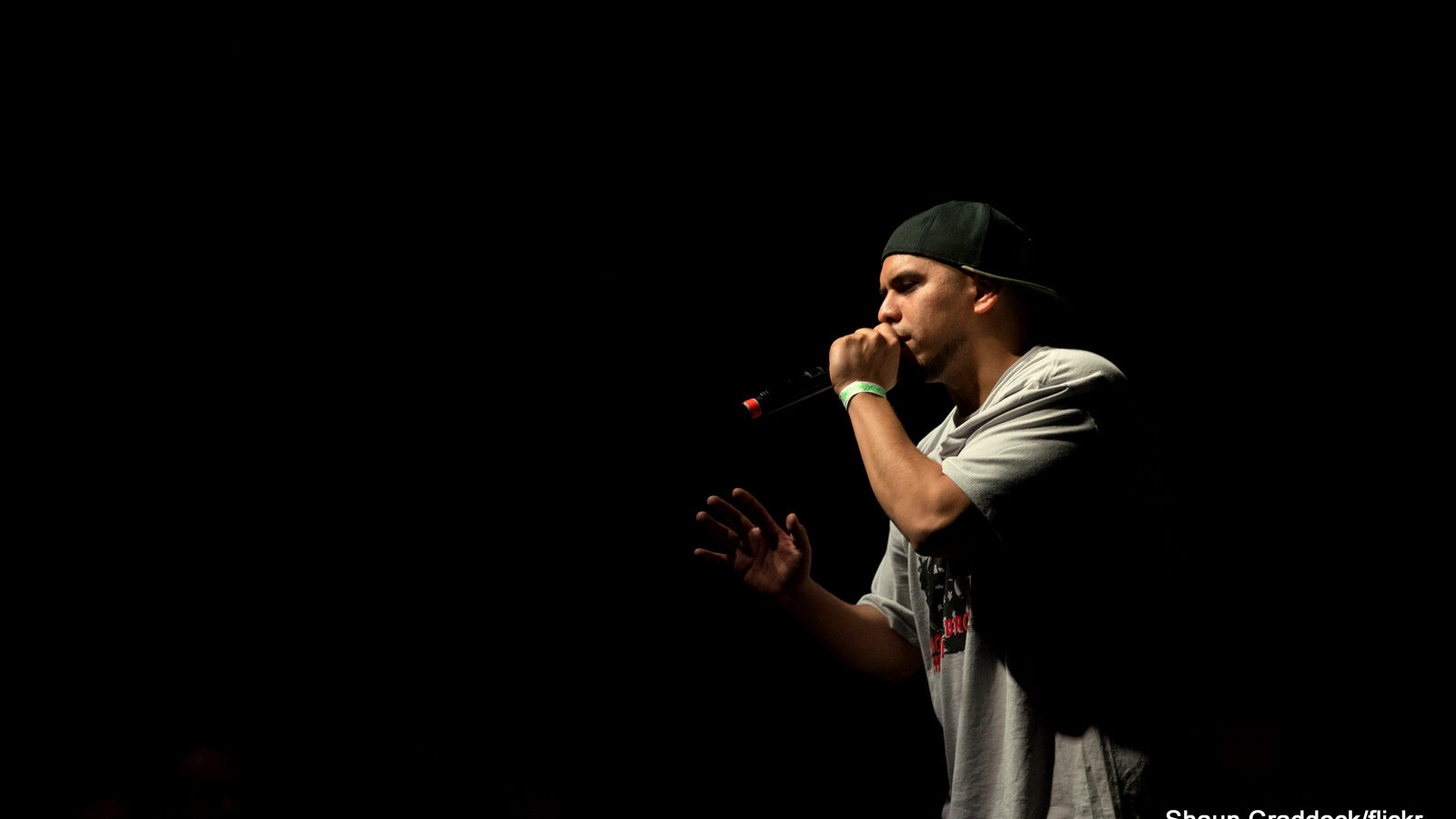ORIGIN OF KINGS
“According to our traditional history that evolved out of our ritualistic beliefs, this land of Edo is the origin of the word. It was founded by the first Oba of Benin who was the youngest son of the Supreme God. When the Supreme God decided to send his children to the world, He gave an option to each of them to choose what to take away. At that time (as the Holy Book came to confirm at a much later age) the universe was all water and no land. One of the children chose the sign for wealth; the other one took wisdom (or knowledge), another one chose medicine (mystical knowledge).
“When it came to the turn of the youngest child, there was apparently nothing left for him to choose; but after looking around the whole place, he saw a snail shell which his senior brothers had overlooked because it was very dirty. He took that, broke it open only to find that it contained ordinary sand.
‘The Father commended him for this intuition and told him that on getting to .the world he should empty the shell in any place of his choice and the place would be his. He emptied it in the area that is now Edo (Benin) and the whole place became land. His other brothers who had been hovering around for somewhere to rest then came round to request for a portion of land to settle on. These other brothers represent the three shades of “ebo” or “white men” - as we call them - who occupy the rest of the world. That is why one of the .attributes of the Oba of Benin is that he owns land up to “evbo-ebo”, meaning European country. And this is also why the earth features so prominently as part of our coronation rituals. (Note - the words in parenthesis are mine) .
‘The Father commended him for this intuition and told him that on getting to .the world he should empty the shell in any place of his choice and the place would be his. He emptied it in the area that is now Edo (Benin) and the whole place became land. His other brothers who had been hovering around for somewhere to rest then came round to request for a portion of land to settle on. These other brothers represent the three shades of “ebo” or “white men” - as we call them - who occupy the rest of the world. That is why one of the .attributes of the Oba of Benin is that he owns land up to “evbo-ebo”, meaning European country. And this is also why the earth features so prominently as part of our coronation rituals. (Note - the words in parenthesis are mine) .
“Although some contemporary historians claim that the Benin (Edo) people migrated from the Sudan, the truth is that no scientific historical explanation has been found to account for how the ethnic group known as the Edo (Benin people> came to be where they are today. This is an area I personally would like to see some more work done. -


“Generally speaking, Traditional Rulership is as old as the community to which it relates. Although, as earlier observed, the origin may differ from community to community, there seems to be one feature common to all and one can use the feature in the Benin Kingdom to illustrate. What came to be known as the Benin Kingdom did not begin its existence as a Kingdom in the sense of its being headed by a King or a Traditional Ruler as is known today. It began as a conglomeration of villages, each of which was headed by the oldest man in the community which we refer to as Odionwere or village head. But with a cluster of family compounds each of which was headed by the householder or head of the family. believe this is the pattern of origin of Traditional Ruler-ship in many parts of the country. As time went on several of the villages joined together for purposes of security against external aggression and for commerce, and the most powerful of the old people automatically became the head of the group. This was what happened in Benin and the first to emerge as such as leader, almost immediately assumed the position of a King for by the wisdom he was described as being like a King in heaven or a King from heaven (Ovevbogie Noriso). This is the origin of the title ‘Ogiso’ which came to be the title of the earliest Benin Kings, before the advent of Oramniyan.”






No comments:
Post a Comment